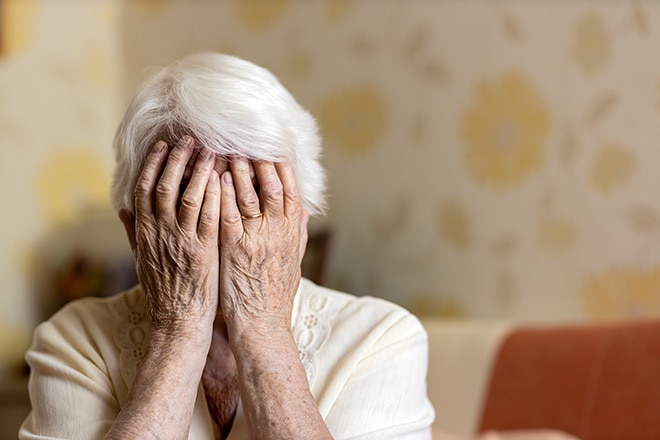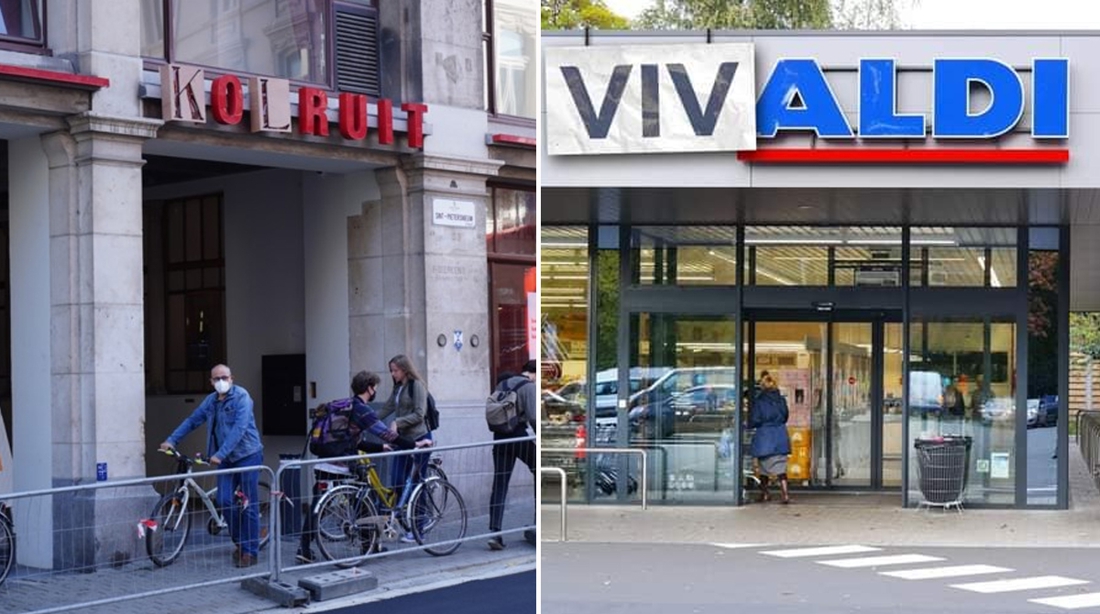At De IJsvogel, a department of the Smeetsland nursing home in IJsselmonde of the Aafje primary care institution, people with dementia or suspected dementia have been admitted since June in connection with a crisis situation at home. Ggz institution Antes helps with this.
–
Innovations are not always about new technical gadgets. They also come about when organizations help each other when they both run into problems. An example of this is the collaboration between mental health institution Antes and early childhood care institution Aafje for elderly care in the Rotterdam region.
The Care and Coercion Act excludes mental health care
The collaboration arose when it became known that the Special Admissions in Psychiatric Hospitals Act would be overhauled. With the new laws – the Care and Compulsion Act and the Compulsory Mental Healthcare Act – people with dementia will from now on fall under the Care and Compulsion Act, which excludes mental health care. Because Antes had previously worked with Aafje and because Aafje had a department of nine beds available, a constructive conversation soon followed. ‘Across the country there was a stir about the problems that the new law could pose for these people,’ says Fraukje Kroon, director of care at Antes. ‘Compared to others, we entered into an early discussion with each other about how to approach this.’
Crisis service decreases triage
The procedure is now as follows. At the request of the general practitioner, case manager, ambulatory practitioner or the police, the Antes crisis service provides a triage. If there is dementia and people do not want to go to a nursing home, the crisis service indicates that the client must be admitted to the IJsvogel. So it concerns forced admissions. Kroon: ‘It used to be difficult for us to find a place in nursing homes during forced admissions. Our way out – placement in a psychiatric institution – was no longer possible due to the new legislation. Now we can place people directly. It used to take days sometimes. ‘
Physical care and stabilization of behavior
Once in the IJsvogel, Aafje takes over the care. These people need physical care, but most of the work is in stabilizing escalated behavior. Aafje’s team consists of psychiatric nurses, social workers, carers and nurses. They are educated and trained, for example on aggression. ‘They would like to take care of these people,’ says Ruud Jonkman, director at Aafje. ‘Previously, clients were spread over the wards and nursing homes. That caused disruptions for other clients and the staff, but above all it was not good for the client himself. ‘
Fewer clients due to corona
In the first week, only one client entered the new department. Jonkman: ‘That caused some panic, because we had expected more. In retrospect, it turned out that, due to the corona crisis, fewer clients were arriving at early childhood institutions everywhere. 22 people have now been admitted. We can take in 200 people per year. ‘
High staff commitment
The health insurer was open to the cooperation plans, but applies a provisional rate. The Kingfisher is evaluated at the end of the year. The care is intensive, the staffing is high. ‘We really got a good rate, but the question is whether we can make it with this rate,’ says Jonkman. Still, our goal is to keep going. Over time, the processes can be refined, and the team is increasingly responding to each other. I expect that we can still make a profit in time. ‘
After the Crisis admission at the IJsvogel, clients are transferred to one of the affiliated early childhood institutions.
General practitioner decides: early childhood education or mental health care
Many mental health care institutions have stopped hospitalization of people with dementia in crisis. Under the new legislation, an accommodation of a non-stop institution is now designated to accommodate the client. First of all, the general practitioner must decide which crisis service – that of the mental health service or vvt – to call. It is not always immediately clear that it is dementia. Kroon van Antes: ‘We have the expertise to do good triage. It is much better for the GP, but also for the client if we do it. ‘
No more discussion
The collaboration has also put an end to the tug-of-war that regularly takes place between the mental health and early learning institutions. Vvt institutions often find it difficult to cope with this group of people, but the mental health institutions believe that they are also unable to provide good care. ‘The discussion about where someone belongs is now over for us,’ says Jonkman. ‘We have not yet received a single client who does not actually belong here. Previously, this happened and another place had to be found. It gives peace to the whole region. It is true that early childhood education institutions have to provide increasingly complex care, but Antes helps us with that. ‘
–


